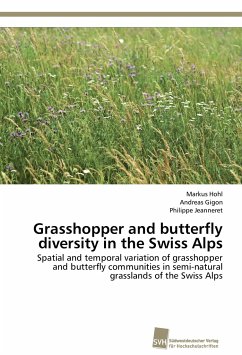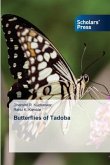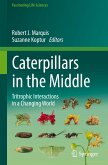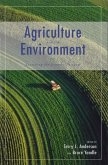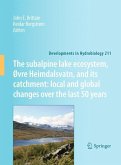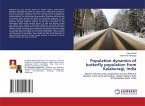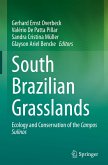In the Swiss Alps, traditionally cultivated grasslands are known to be species rich in Orthoptera and Lepidoptera. Due to the ongoing abandonment or the intensification of management across the Alpine arc these extensively managed grasslands are decreasing and becoming of high conservation interest. Up to now, information has been scarce regarding the consequences of these changes on grasshopper and butterfly diversity in the grasslands of the Alps. Because Orthoptera and Lepidoptera react sensitively to habitat changes, we studied these two taxa in intensively and extensively managed meadows and in lightly grazed pastures in two valleys of the Swiss Alps; Grindelwald (BE) and Tavetsch (Tujetsch, GR). The study aimed to document changes in grasshopper and butterfly communities over the last three decades using historical data. We wanted to assess potential causes for observed changes and to determine the importance of grassland management for the conservation of grasshoppers and butterflies in the Swiss Alps.

